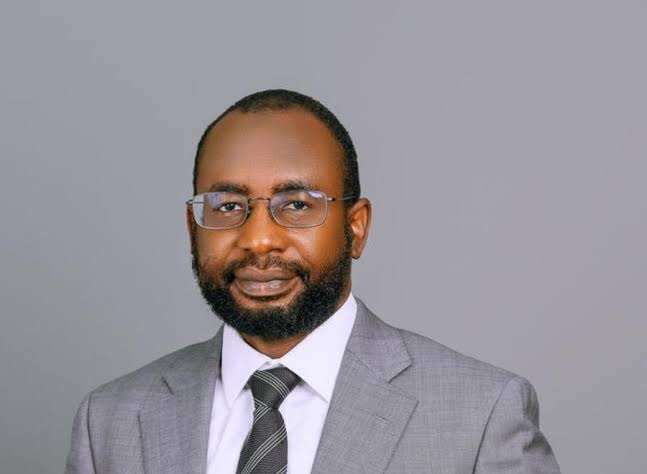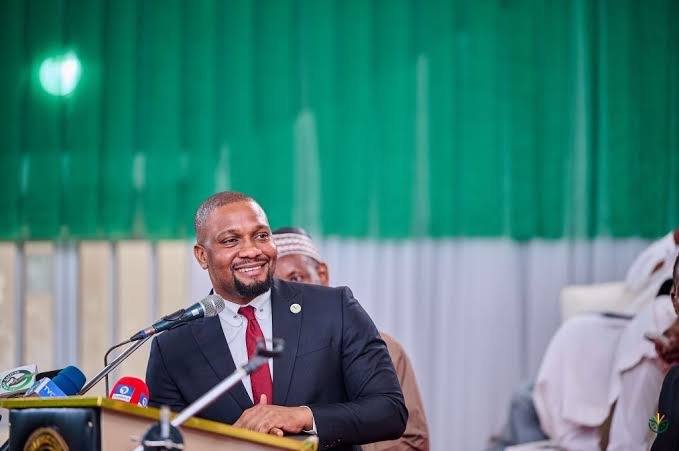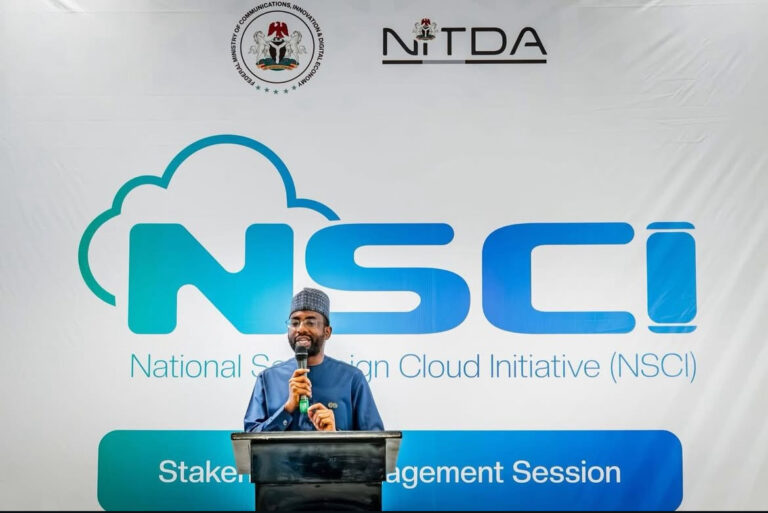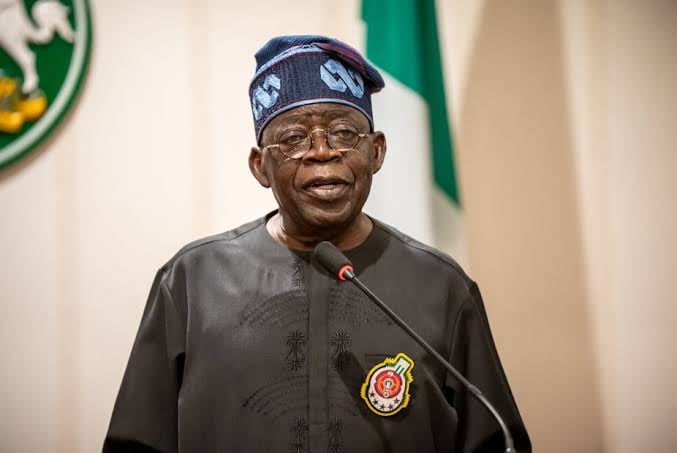The National Information Technology Development Agency (NITDA) is championing initiatives to unlock the vast potential of the Internet of Things (IoT) and propel Nigeria into a new era of smart connectivity and economic growth.
NITDA Director General Kashifu Inuwa, speaking at the IoT West Africa, Data Centre and Cloud Expo in Lagos, emphasized Nigeria’s potential to become a major player in the global IoT market, projected to exceed $1.6 trillion by 2025. Dr. Aristotle Onumo, NITDA’s director of Stakeholder Management and Partnerships, delivered Inuwa’s keynote address.
Inuwa’s vision paints a picture of a Nigeria where smart technology revolutionizes various sectors. This includes farmers receiving real-time crop data for optimized yields, intelligent traffic management systems alleviating congestion in bustling cities, and a healthcare system capable of predicting and preventing disease outbreaks. He also envisioned a self-healing national grid, minimizing power disruptions for homes and businesses.
Read more: Universal Health Insurance: The CNSS has Issued More Than 12,000 Purchase Cards.
He highlighted the potential for a self-healing national grid, minimizing disruptions and ensuring stable power supply for Nigerian homes and businesses. IoT, he underscored, could bring tangible benefits to everyday Nigerian life.
Given Nigeria’s significant population (40% of Africa’s 1.4 billion), the potential impact of IoT adoption is immense. Inuwa emphasized the fertile ground for IoT adoption due to Nigeria’s growing mobile penetration, which offers a unique opportunity to leapfrog developmental stages and revolutionize key sectors.
He specifically highlighted the agricultural sector, envisioning IoT sensors optimizing irrigation, monitoring environmental conditions, and tracking livestock, mirroring successful implementations seen globally. He also noted the potential for wearable IoT devices to bridge the healthcare access gap between urban and rural areas, and for smart city initiatives to improve the quality of life for millions through intelligent traffic management and waste disposal.
Inuwa acknowledged that Nigeria’s current contribution to the global IoT landscape is less than its potential suggests. However, he framed this as a call to action for Nigerians to seize the opportunity to become key players in this technological revolution.
Citing World Bank projections, Inuwa noted that digital technologies, with IoT as a central pillar, could add nearly $200 billion to Africa’s GDP by the end of the year, with Nigeria poised to gain a substantial portion.
However, he emphasized the challenges Nigeria must overcome to realize this smart future, including the connectivity deficit in rural areas and the persistent energy crisis.
To address the critical skills gap, NITDA is implementing a strategic plan focused on digital literacy and talent development. The agency aims to equip 30 million Nigerians in the informal sector with essential digital skills by 2027 and achieve a 70% national digital literacy rate within the same timeframe, with a longer-term goal of 90% by 2030. Initiatives like the “Digital Literacy Champions“ program are already training individuals to become digital ambassadors within their communities.
NITDA is also nurturing Nigeria’s tech ecosystem through initiatives like the Nigerian Startup Act and the iHatch program, providing support and funding to young Nigerian entrepreneurs developing innovative IoT solutions tailored to local challenges.
Inuwa called on Nigerian policymakers to create a supportive regulatory environment, business leaders to invest in scalable IoT solutions, and educators to equip the next generation with the necessary skills.
Anoosh Sirkeck, chief of staff, Strategic Growth Leader at Vertex Next, highlighted a significant convergence of key technology and infrastructure sectors, emphasizing the unprecedented collaboration between IoT, West Africa Data Center and Cloud Expo Africa, and Power & Water Nigeria.
This unification aims to create a platform for digital innovation, sustainable energy advancement, smart city evolution, and next-generation technology, recognizing that these elements are intrinsically linked to Nigeria’s IoT aspirations.
Sirkeck emphasized that Africa, and by extension Nigeria, stands at a “transformative crossroads,” with the necessary momentum and a ready ecosystem to embrace this technological shift. He affirmed that the event is about building the future together through partnerships and attracting critical infrastructure investments to empower a new era of digital, inclusive, and sustainable growth in Nigeria.







